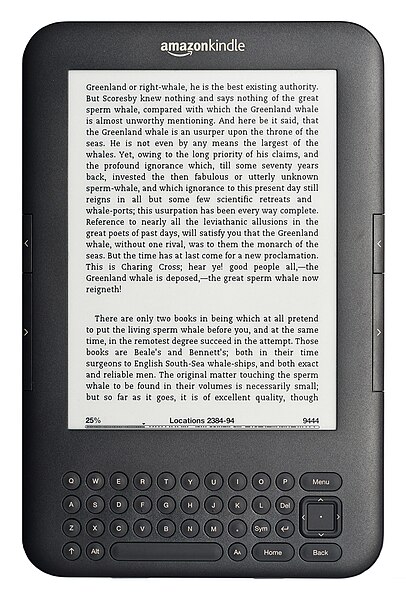I'm not really one for self help books. Beyond a minor obsession with books on ettiquette and body language when I was younger, and business or management texts more recently, I've never really read with a view to making myself or my life better. For some reason though, I thought I'd give it a shot, and so I bought :59 by Professor Richard Wiseman.
The contents page bodes well, with things that resonate of the conversations I frequently have with the Hubs: "how the real route to happiness involves a pencil, keeping the perfect diary, small acts of kindness and develeoping the gratitude attitude" is part of the first chapter. Is this why I'm happy? Did I stumble across the answer? Stay tuned folks, 'cos I'm planning to work through the chapters here, one post at a time...
CHAPTER 1 - HAPPINESS
The chapter begins with an argument against thought suppression. The book is focussed on scientifically proven conclusions (by which the field seems to refer to the findings of experiments comparing various groups' responses to stimuli. I've always struggled with terming this scientific proof since the control groups never seem to factor in sociological factors, but I digress). The conclusion is: the more you try not to think about something, the more obsessed you become. I think this is a conclusion that any teenage girl would have come to after waiting for a cute guy to call.
The first recommendation then, towards finding happiness, is to keep a diary. I actually instinctively agree with this. When I'm down in the dumps, I articulate it frequently. Feeling annoyed or irritated, I find, is most easily addressed in this fashion. After all, I'm really looking for vindication or comfort. Occasionally I might be torn between difficult decisions or trying to reconcile myself towards making one, in which case I'm looking for reassurance. The thing I don't think I do, is talk out something that is genuinely upsetting me with a view to fixing it or coming to terms with it.
The theory behind keeping a diary is that it makes a person focus, whereas pouring your heart out could just be an outpouring of inane babble. Given that whenever I pour my heart out I tend to be drunk and repetitive, or hormonally driven toward psychosis, I can see the logic in that. The value of the structure that writing compels is enhanced by a focus on gratitude and affection. I suppose this is the same as recommending that people write down things that make them feel good. It made me wonder about how many depressed love poets there were out there.
The next piece of analysis, and one that I felt I could particularly relate to, was around the concept of materiality and buying happiness. Apparently a fortune has been spent not just keeping Balmain afloat in the quest for happiness, but also on the research to evidence whether buying a luxury car or bag will make you happy. Given that there're no billboards in Times Square propounding the B.Bag as the scientifically proven key to to a happy ending, I think the findings are relatively predictable. Something that the studies did find, though, was that experiences and conscious effort to try new things were linked to happiness. I've always believed this, hence my favouring activities over tokens, but it was strange to see it in writing since I've only ever known a handful of people who seem to agree. Most people think it strange when I suggest things like chocolate making classes or circus school instead of earrings.
Compare this to this article in the Guardian, where the answers to the quest for happiness are:
- being positive
- being brave
- meditation (odd one out? I suppose it is based on the idea that a Tibetan monk is the Happiest Man in the World)
- being kind to yourself
- "using" your pessimism
- finding a calling (I think I'll do this tomorrow, will take 5 minutes, surely!)
- act happy
Unfortunately, I don't know if I'll be able to tell if the book has helped. I agree with all of it so far, but that's because it's telling me I'm doing the right things. I like thinking that. In fact, thinking that has made me happy. Also, as a fellow commuter said to the Hubs and I yesterday when I was telling him about the chapter (apparently loudly), we don't need it, we are repulsively happy (her words, not mine). Perhaps I'll extend this particular experiment to children and trial it on my sister or the junior trader on the desk...
-
Tuesday, August 25, 2009
Subscribe to:
Post Comments (Atom)

2 comments:
How would you use your 'pessimism'?
They say: Use your pessimism
"Defensive pessimists expect the worst and expend lots of energy mentally rehearsing how things might go wrong. But by doing this, they can improve the odds of achieving their goals. It's a useful skill for everyone to learn. Imagine what might go wrong in a situation by focusing on specifics. If you're terrified of public speaking, try to articulate whether you're afraid of fumbling with your notes or tripping on your way to the podium. Then imagine what happens next: if you drop your notes, will someone laugh? By doing this you shift the attention from feelings to facts, so you can plan effectively to avoid (or at least deal with) negative outcomes if they occur."
Julie Norem is Margaret Hamm professor of psychology, Wellesley College, Massachusetts.
I say: eat.
Post a Comment